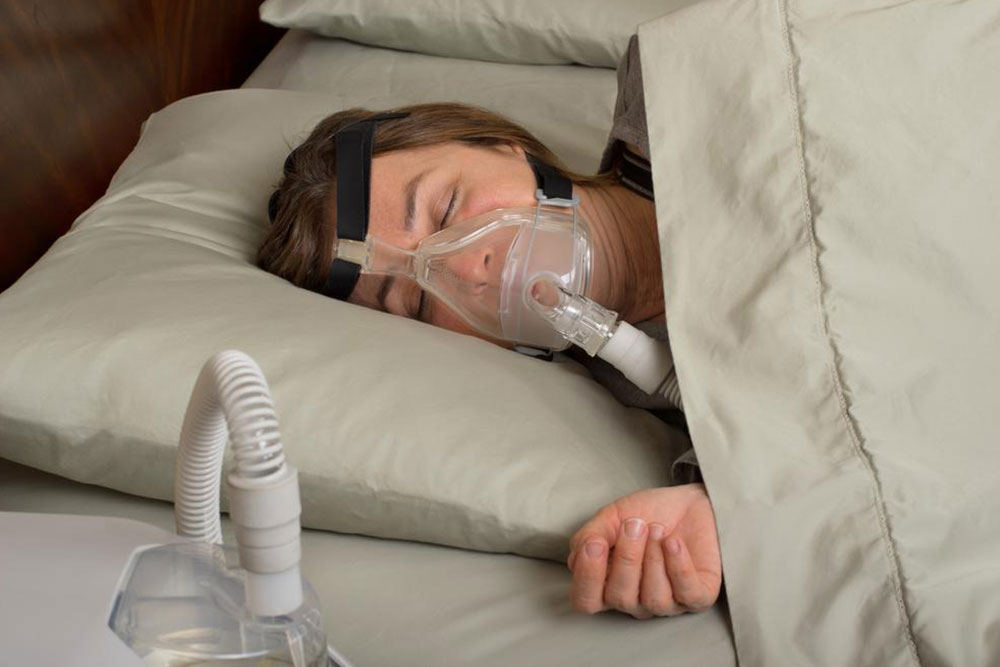Comprehensive Guide to Sleep Apnea: Causes, Risks, and Treatment Strategies
This article provides a detailed overview of sleep apnea, including its causes, health risks, and various treatment options. It emphasizes the importance of diagnosis through sleep studies and highlights recent research linking sleep apnea to increased cancer risk. Lifestyle modifications, medical devices, and surgery are discussed as effective management strategies. Awareness of symptoms and healthy habits can improve sleep quality and overall health, making this a valuable resource for those affected or at risk.

Comprehensive Guide to Sleep Apnea: Causes, Risks, and Treatment Strategies
Sleep apnea is a common disorder where breathing repeatedly stops and starts during sleep, leading to fatigue, loud snoring, and sudden breathing pauses. It can happen multiple times per hour without awareness. Many sufferers mistake normal sleep for undisturbed rest, but untreated apnea poses serious health risks, including reduced oxygen to organs, gasping, and waking episodes. Recent research links sleep apnea to higher chances of cancer, stroke, cardiovascular issues, diabetes, and obesity. Approximately 28.5 million Americans are affected, many without diagnosis.
Effective treatments aim to restore normal airflow. Lifestyle changes such as sleeping on your side, avoiding alcohol and smoking before bed, and using supportive pillows can help. Devices like CPAP machines are highly effective for moderate to severe cases, keeping airways open during sleep. Oral appliances that reposition the jaw and tongue are options for milder cases. Surgery may be considered when other treatments fail, although results vary. Accurate diagnosis usually involves sleep studies at specialized centers.
Studies from France and Spain examining 7,000 patients found those with severe sleep apnea faced a 65% greater risk of developing cancer. Another report showed breathing irregularities increased cancer mortality nearly fivefold. These findings remain significant after adjusting for age, smoking, weight, and lifestyle factors. Recognizing signs like morning headaches, daytime fatigue, and loud snoring is vital. Maintaining a healthy weight, balanced diet, and regular exercise can improve sleep quality and reduce potential health risks.


